Working Hand in Hand with Rural Communities to Treat Childhood Illness
Working Hand in Hand with Rural Communities to Treat Childhood Illness
by Samy Rakotoniaina
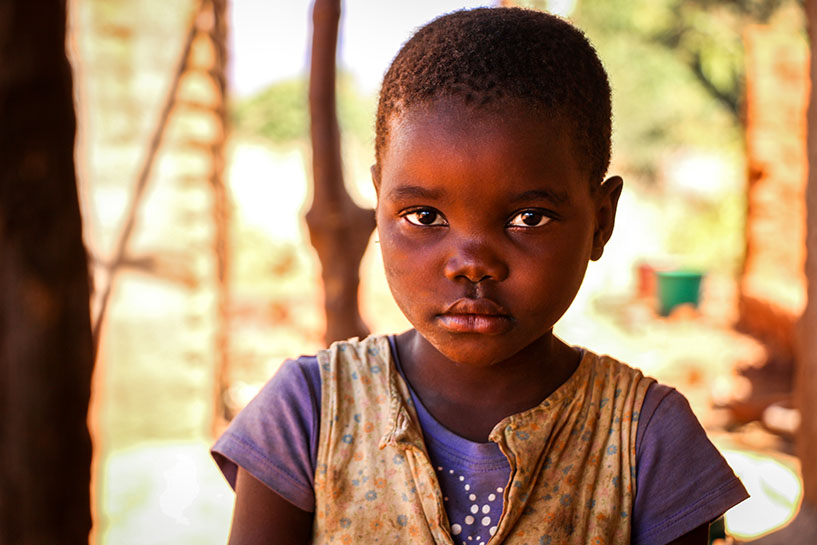
In Malawi, over 80% of people live in rural areas. For many (10%), the nearest health center is more than 8 kilometers (5 miles) away, making it difficult to access health care regularly. The USAID-funded Organized Network of Services for Everyone’s (ONSE) Health Activity, led by Management Sciences for Health, works to improve quality and access to care in rural communities.
“Before we had a village clinic, we were struggling. For every little sickness, we had to rush to the hospital, especially with our small children.” – Assan Symon, Mitawa village health committee chairperson
Stanley Liyaya, a heath surveillance assistant (HSA), is one of 3,500 community health workers trained to manage childhood illnesses in rural communities. HSAs have improved access to care and treatment of childhood illness to help Malawi reduce the under-five child mortality rate by 73% between 1990 and 2015, achieving Millennium Development Goal 4. Malawi’s vision is that by 2021, all young children will be treated for common illnesses promptly in their own communities.

HSAs provide preventive, educational, and curative services, treating the majority of cases directly in the community through the village clinic and home visits. “This village clinic, we see children mostly from two months to five years. The diseases we treat here are malaria, pneumonia, diarrhea.” – Stanley Liyaya, Mitawa HSA
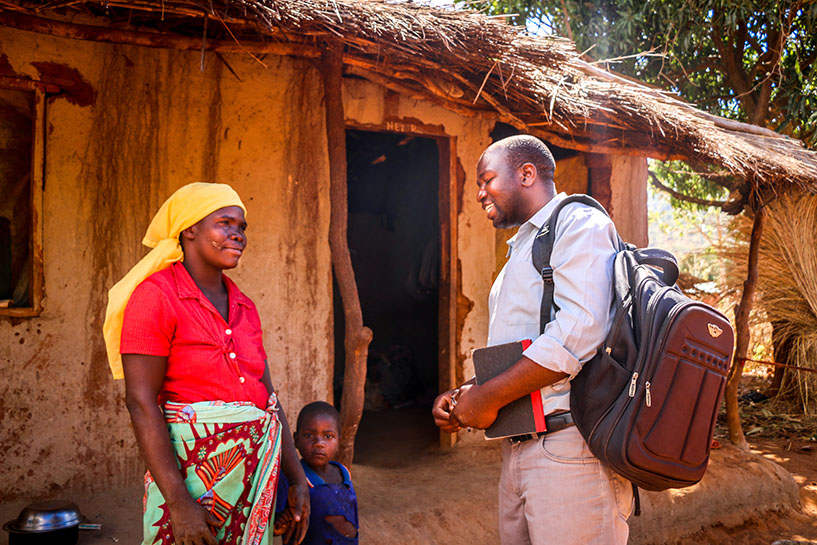
Village clinics are established collaboratively with communities. “We are working hand-in-hand to assist the community at Mitawa in order to prevent under-five deaths. Each Monday and Thursday, the times we conduct the village clinic, we have one member of the village committee to assist us.” If an illness is severe, a member of the health committee takes the child and guardian to the hospital immediately.
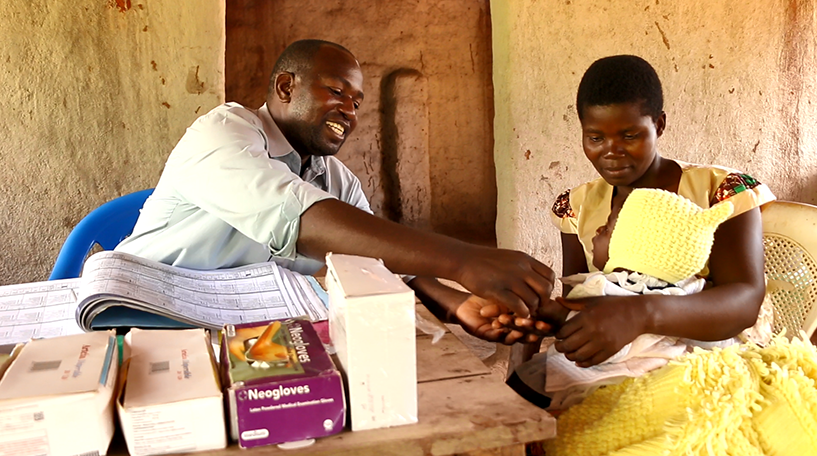
Madalitso Justin brought in her daughter, Sarah Kaselema, because she was not feeling well. HSA Liyaya tested Sarah for malaria and pneumonia and provided Madalitso with follow-up care and breastfeeding recommendations.

Here, HSA Liyaya checks for anemia (palmar pallor test), common among children with malaria. “He helps us ensure that when a child is not feeling well or has a high temperature, we bring them so that he can check them in time. We are closer to this village clinic and we receive assistance quicker here.” – Madalitso Justin, mother in Mitawa village

“The clinic is now right here to help us when our children are sick, and the medicines are administered here by the clinician. We no longer need to walk long distances to access medical care, as such, we can go back home early to our daily chores. We work very well with HSA Liyaya. If we have any problem, we call on him.” – Assan Symon, Mitawa village health committee chairperson
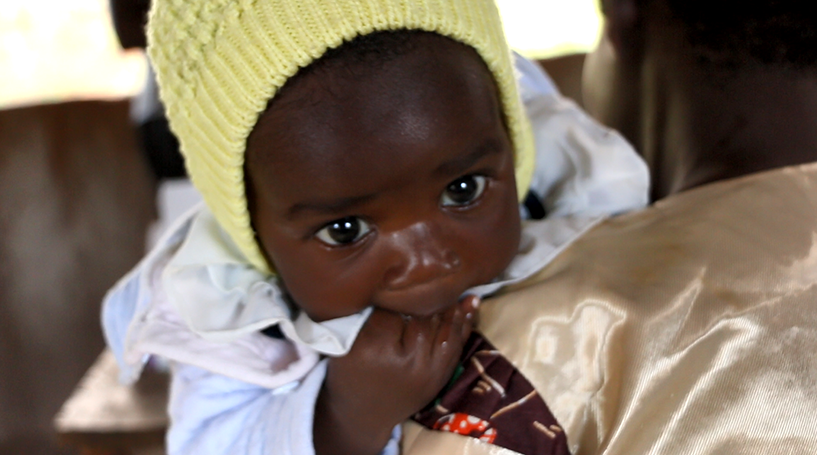
The USAID-funded ONSE Health Activity supports HSAs like Liyaya through supervision and mentorship, ensuring that HSAs have the skills and supplies needed to care for the people in their communities. “We have better skills. It’s important because when they come and mentor us, it helps us and motivates us. Once we have a problem, we tell them, and they assist us.” –Stanley Liyaya, Mitawa HSA
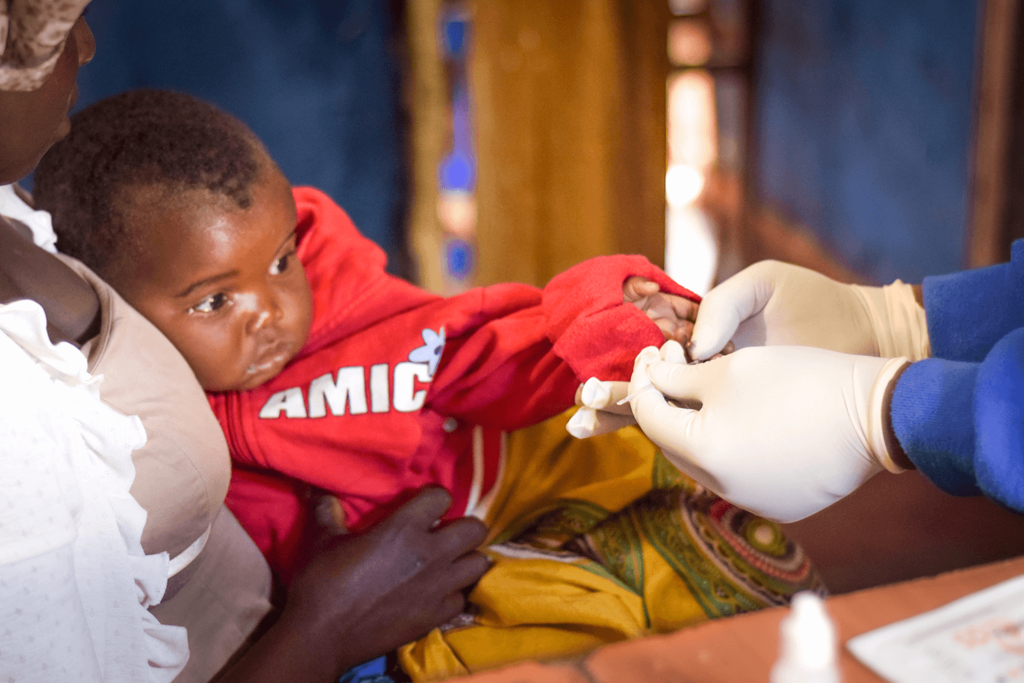
![[A hospital in Mwene Ditu, DRC] {Photo Credit: Warren Zelman}](https://msh.org/wp-content/uploads/2017/02/dsc7433-web-815px.jpg)